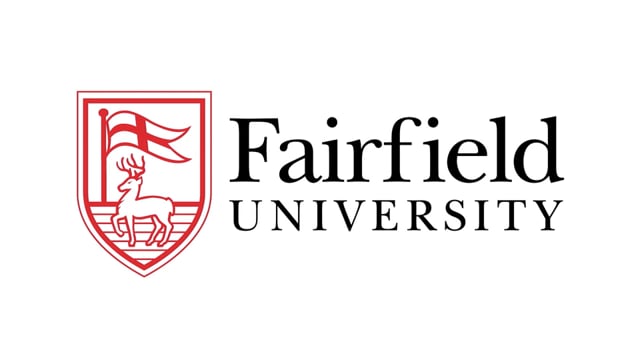Accelerated Second Degree Nursing
Degree
Bachelor of Science, Major
School/College
Egan School of Nursing & Health Studies
–”∞…‘≠∞Ê University’s Accelerated Second Degree Nursing (ASDNU) program provides a unique opportunity for those with bachelor’s degrees in fields other than nursing to pursue a Bachelor of Science in Nursing (BSN) degree in an accelerated format.
Find Out More
Course Requirements
60 credits
Contact Us
Accelerated Second Degree Nursing Admission
ASDNUadmiss@fairfield.edu
(203) 254-5532











